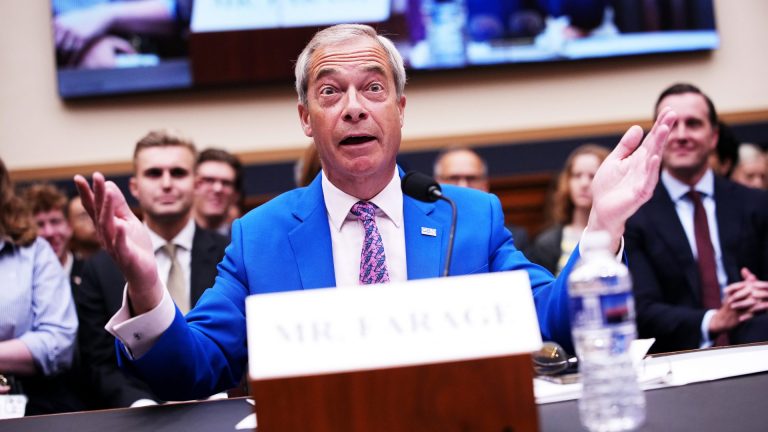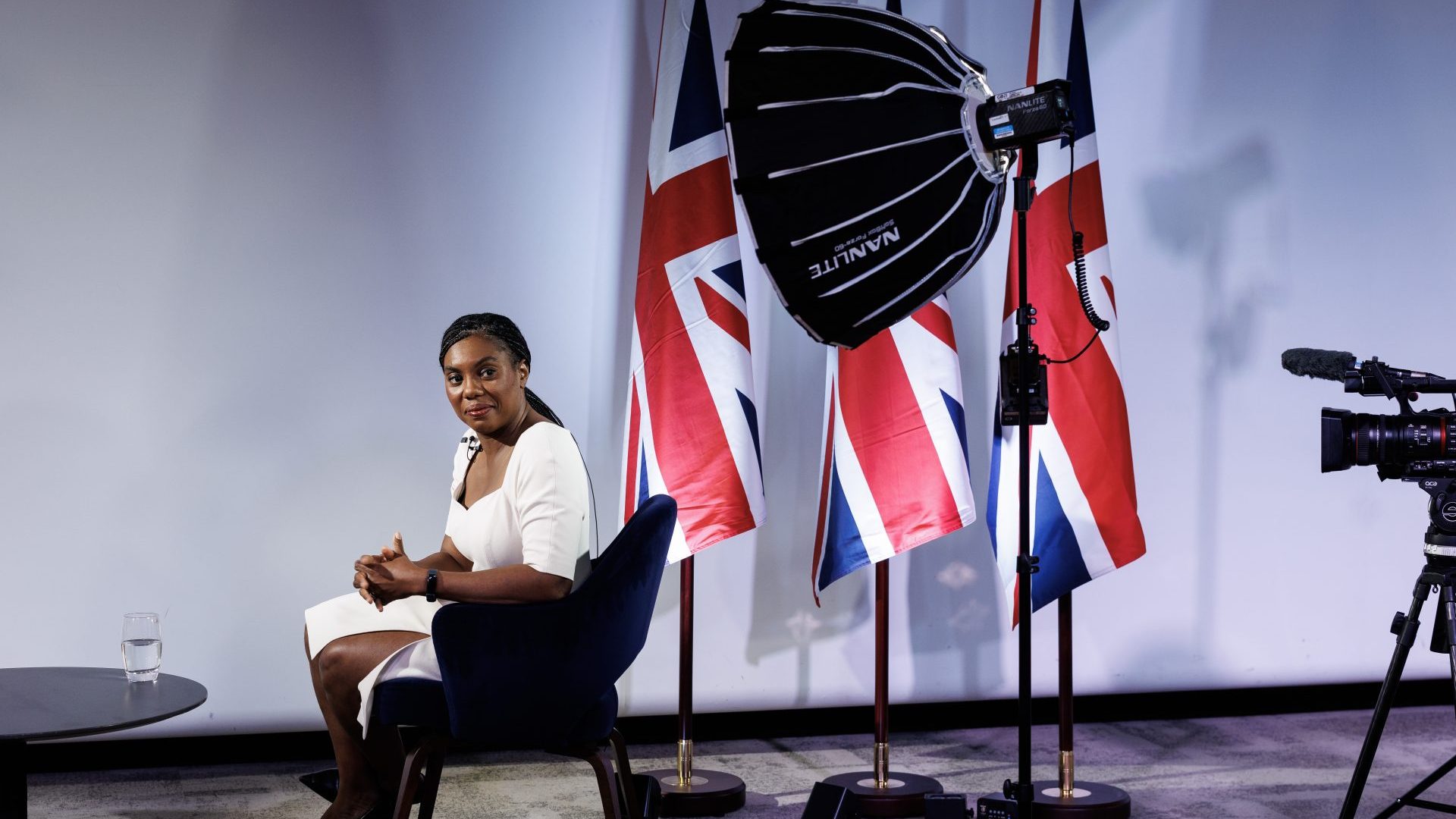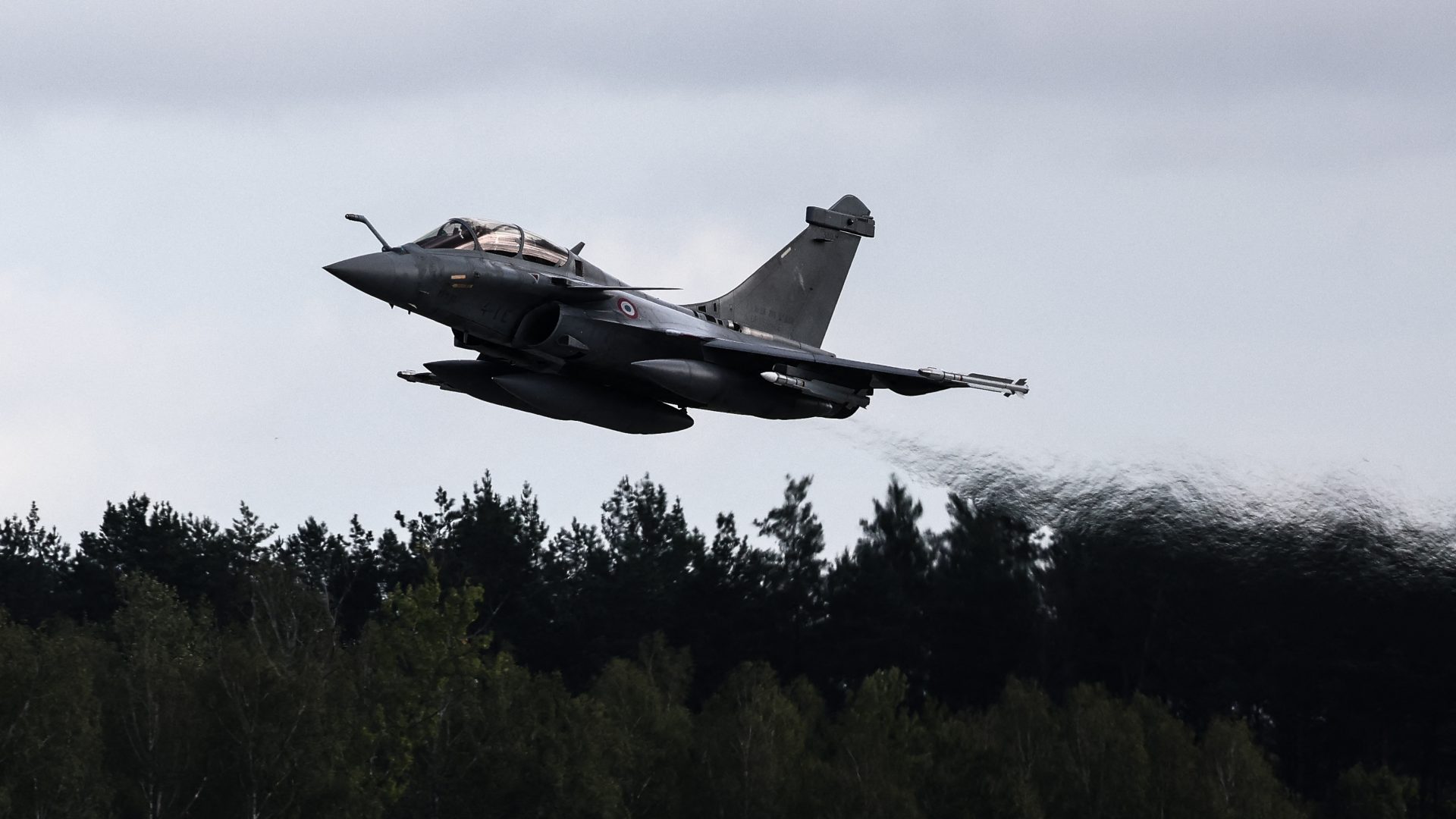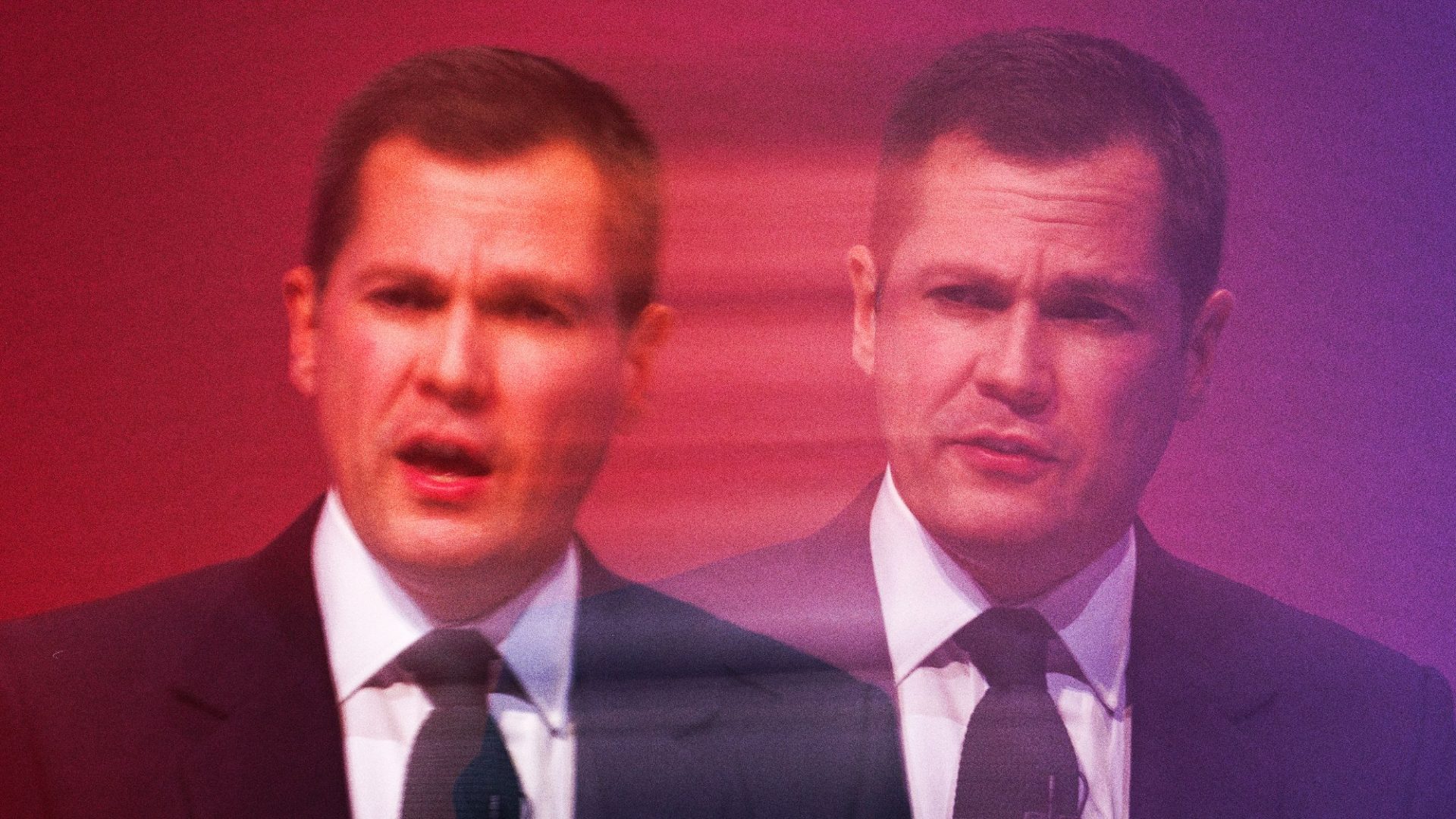Black clouds must be gathering over Manchester. Its reputation as a rainy city is generally unjustified, but the Conservative Party conference this weekend seems likely to be drenched in gloom. The shrunken membership and relatively high-profile defections to Reform would pose a challenge to any event organiser. Who, apart from masochists, or members of the media happy to report on others’ misery, would voluntarily go along?
Traditionally, the dominance of just two political parties in the UK, coupled with the first-past-the-post voting system, meant that even when the Conservatives were out of power they knew that Labour would eventually be sacked and they would return to No 10. Since the middle of the last century, they have notched up nearly twice the time that Labour has had in power. The “time for a change” mantra was almost certain to have prevailed after the last 14 years of Conservative government, even if it had not been so calamitous.
Yet the vanquished Tories can no longer assume their turn will come again. They consistently come a lowly third in opinion polls: Nigel Farage and Reform have ensured that the normal rules no longer apply. So the question that will be hanging over Manchester is whether the party’s only hope of survival is to follow some of its members and MPs and join forces with Reform.
But that would not even equate to putting the Tories on life support: it would be a quick route to extinction compared with the slightly slower one they are currently taking. Farage has insisted that he isn’t interested in a merger and, given his inability to function as a team player, any get-together could only be in the form of a reverse takeover, with no element of power sharing.
That might appeal to his vanity, but where is the attraction for the Tories? Individuals who warm to his extreme and somewhat idiosyncratic views are already defecting to Reform. The relative moderates who remain in the party and do not regret the departures to Reform of MPs such as Lee Anderson, and Danny Kruger, would be unlikely to meekly follow them via a merger.
That pair have more in common with Donald Trump than with the relatively moderate, one-nation Tories who used to make up the bulk of the party. Anderson, for example, refused to retract the allegation that Keir Starmer and the London mayor, Sadiq Khan, were in thrall to “Islamists”. Kruger’s strident political views appear to be completely dictated by his evangelical Christian beliefs.
It was not a shared religious conviction, however, that really attracted Kruger to Reform; it was, he said, the belief that the Conservatives could not win the next election and perhaps the Faragistes could. Somewhat unbelievably, Farage, the irrepressible former leader of the UK Independence Party (Ukip), is now seen by many as a potential prime minister.
Even he, with his enormous self-belief, must be slightly surprised by the electorate’s gullibility. Nevertheless, a poll by Ipsos last month found that Starmer and Farage were rated equally for their ability to be prime minister, with the Tory leader, Kemi Badenoch, lagging far behind.
She has been adamant that she would not contemplate a merger with Reform and highly critical of its leader’s comments on policy. It would be difficult for her to go back on that, but it is equally difficult to see how she might still be in position to lead the existing Conservative Party into the next election.
Badenoch will, no doubt, deliver a rabble-rousing speech in Manchester – and the rabble who actually turn up there may be prepared momentarily to be roused. More important will be those who stay away and need to be encouraged back into supporting the party.
Her chances of winning their votes seem slender because, if they have not turned further right and moved towards Reform, then they have other options. The Lib Dems are actually beginning to look like a serious force in British politics. Their leader Ed Davey’s conference speech was well received, and not just by committed Lib Dems. His decision to launch an all-out attack on Farage and Reform was a calculated invitation to disaffected former moderate Tories to move over and join him.
Suggested Reading


Nigel Farage fails at science
Even if people do not feel inclined to align themselves with any party, the electorate is becoming increasingly sophisticated about the wisdom of tactical voting at elections, using their ballot to help prevent a particular candidate from winning, even if that means supporting their second or third choice. As long as the country resists proportional representation, such tactics will continue to hold back the Greens, but could hugely benefit the Lib Dems as significant numbers decide that they cannot countenance having a Reform MP, but are just as opposed to the Conservatives. Were the pair to merge, that would merely encourage them in that decision.
By the time of the next election, the landscape could look very different: Labour may have got to grips with the business of government, Starmer may be seen as the strong leader able to steer the country through its current difficulties and be on course for a second election victory, albeit with a reduced majority.
But that would not necessarily reverse the fortunes of Reform and the Conservatives. Brexit, as in so many cases, must carry much of the blame. It was the issue that made Farage and helped destroy the Tories. Imagine if they could reassemble a team that included Dominic Grieve, David Gauke, Justine Greening and Anna Soubry… but that time has gone.




